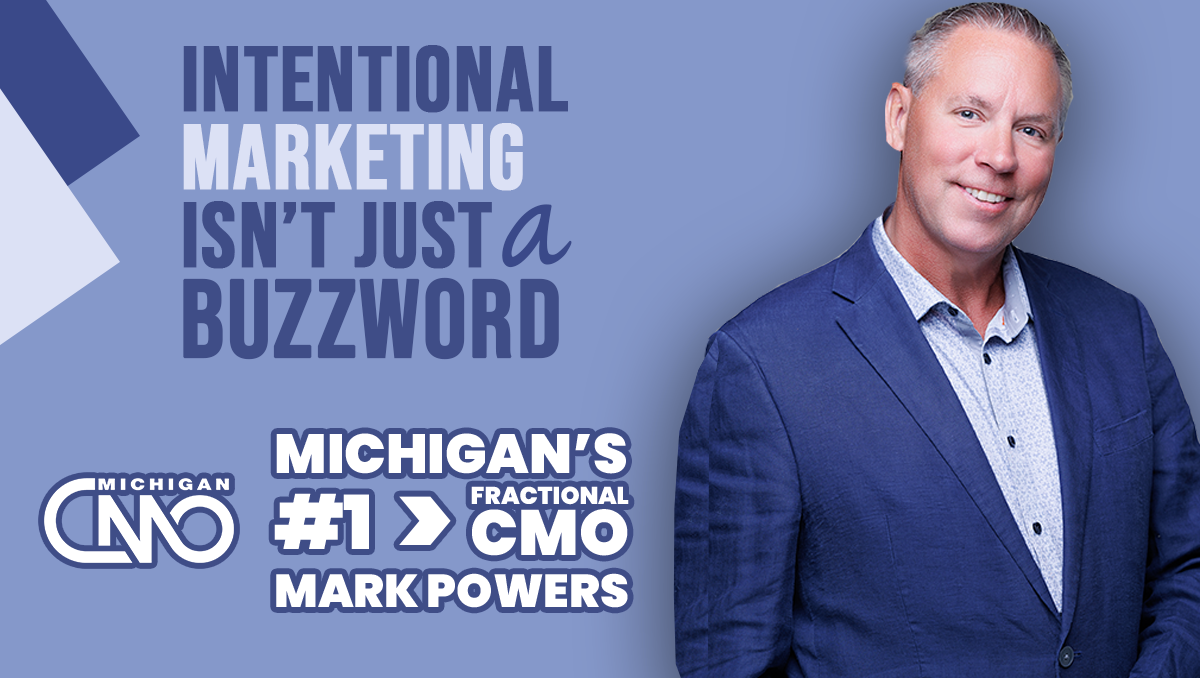
Intentional Marketing: A Necessity for 2025 Business Success
In an ever-changing marketplace, standing out is no longer about being the loudest voice in the room. It’s about being the most authentic, connected, and strategic. Intentional marketing isn’t just a buzzword—it’s the roadmap for businesses that want to thrive in 2025. By prioritizing authenticity, data-driven decisions, and meaningful connections, intentional marketing transforms how businesses communicate with their audiences and achieve long-term success.
What Is Intentional Marketing?
Intentional marketing is a deliberate approach to promoting your brand, products, or services by aligning every strategy and action with your company’s values, audience needs, and business goals. Unlike traditional marketing methods that rely on casting a wide net, intentional marketing focuses on creating purposeful, relevant, and impactful interactions.
Key Pillars of Intentional Marketing:
- Authenticity: Build trust by staying true to your brand’s mission and values.
- Data-Driven Decisions: Use analytics to understand your audience and refine strategies.
- Meaningful Connections: Prioritize quality engagement over sheer reach.
- Sustainability: Develop strategies that create long-term value rather than short-term wins.
Why Intentional Marketing Is a Necessity in 2025
1. Audiences Demand Authenticity
Today’s consumers are savvy. They see through insincerity and expect brands to align with their values. Gen Z and Millennials, in particular, prioritize businesses that demonstrate transparency, inclusivity, and purpose.
- What This Means for Your Business:
- Showcase your brand’s authentic story and values in all marketing efforts.
- Avoid gimmicks or campaigns that feel disconnected from your core mission.
2. Data Is King
Gone are the days of “guess and hope” marketing. In 2025, data analytics drives nearly every successful campaign. With access to tools that measure customer behavior, preferences, and engagement, businesses can craft hyper-targeted strategies that resonate.
- What This Means for Your Business:
- Invest in platforms and tools that provide actionable insights.
- Use data to personalize customer experiences, ensuring every touchpoint feels relevant.
3. Relationships Matter More Than Ever
Intentional marketing focuses on building genuine relationships with your audience, fostering loyalty that transcends a single transaction.
- What This Means for Your Business:
- Engage your audience through interactive content, social media conversations, and personalized outreach.
- Create campaigns that resonate emotionally, turning customers into brand advocates.
4. Staying Competitive Requires Strategy
The marketplace in 2025 will be more competitive than ever, with businesses vying for the same slice of consumer attention. An intentional approach ensures your marketing dollars are spent wisely, delivering maximum ROI.
- What This Means for Your Business:
- Focus on high-impact strategies instead of spreading resources thin.
- Continually test, analyze, and optimize campaigns to stay ahead of competitors.
The Benefits of Intentional Marketing
- Increased ROI: By focusing on what works, you eliminate waste and maximize returns.
- Stronger Brand Loyalty: Customers value brands that align with their needs and values.
- Efficient Resource Allocation: Intentional strategies ensure every effort contributes to your goals.
- Enhanced Competitive Edge: Stand out in a crowded market by delivering meaningful and authentic content.
How to Implement Intentional Marketing in 2025
1. Start with Your Why
Define your brand’s purpose and ensure it aligns with your marketing strategy. Ask yourself: What impact do we want to make, and how can we communicate that authentically?
2. Leverage Data
Invest in tools that provide insights into customer behavior, preferences, and trends. Use this data to create targeted campaigns that resonate with your audience.
3. Focus on Personalization
Generic marketing no longer works. Tailor your messaging and offers to meet the specific needs of your audience segments.
4. Prioritize Long-Term Goals
Shift from a campaign-by-campaign mindset to a holistic, long-term strategy. Create initiatives that build lasting relationships and sustainable growth.
5. Measure and Refine
Track the performance of your campaigns, gather feedback, and refine your strategies. Intentional marketing is an ongoing process that evolves with your business and audience.
Conclusion
In 2025, intentional marketing is not a luxury; it’s a necessity. Businesses that embrace authenticity, prioritize data-driven decisions, and cultivate meaningful connections will not only stay competitive but also achieve lasting success. Don’t wait to make the shift—start implementing intentional marketing today and watch your business transform.
Are you ready to take your marketing to the next level? Let’s create something intentional, impactful, and extraordinary.


